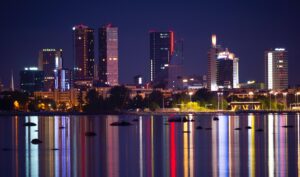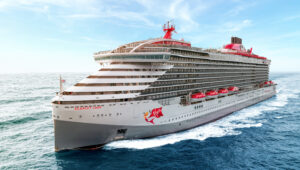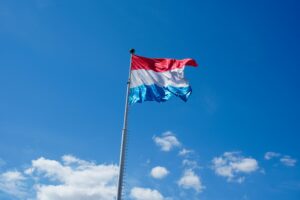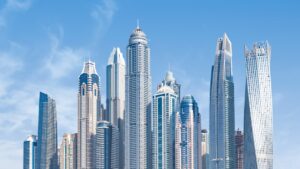- Decades ago, the residents of the United Arab Emirates lived a simple and impoverished life, dwelling in wicker huts to escape the scorching heat in what was then a vast desert.
- This picture of simplicity and austerity starkly contrasts with the UAE’s current status as a global hub of commerce, finance, and technological advancement.
- The transformation from a desert landscape to a cosmopolitan marvel within a mere 50 years is nothing short of miraculous.
The UAE’s Unparalleled Progress
The UAE has undergone a remarkable journey of development, emerging as a leading global center for trade, finance, and technology. The shift from reliance on dwindling oil reserves in the 1990s to a diversified, market-driven economy highlights the nation’s strategic foresight. Investments in technology and tourism have propelled the UAE into the future, leaving a legacy of rapid growth and innovation.
The idea of a federation of Arab emirates, initiated as British forces planned their withdrawal in the late 1960s, was crucial for the region’s future stability and prosperity. Despite initial skepticism and regional disputes, Sheikh Zayed bin Sultan Al Nahyan’s wisdom and leadership paved the way for the formation of the United Arab Emirates in 1971. His vision for unity and development transformed the lives of the people in the region, setting the stage for an era of unprecedented growth.
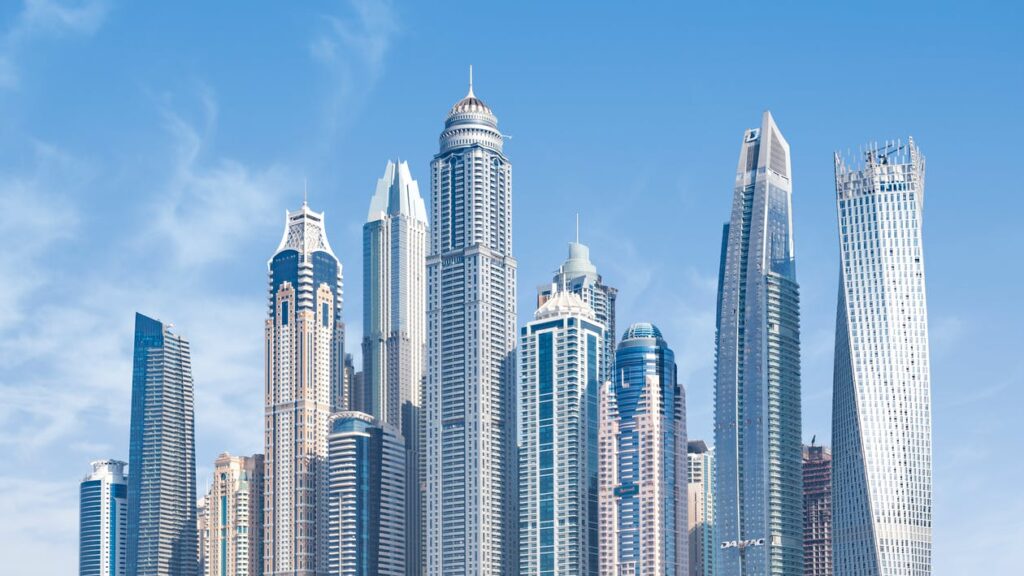
The UAE Today
The UAE, a federation of seven emirates, has become a symbol of luxury, innovation, and economic strength. With a strategic focus on developing a sustainable, knowledge-based economy, the country has shifted away from oil dependence. The presence of a large expatriate population further enriches the cultural and economic fabric of the UAE, making it a unique global crossroads.
The Demographic Mosaic
The UAE’s demographic landscape is characterized by a significant majority of expatriates, creating a diverse and multicultural society. This demographic composition has profound implications for the country’s culture, economy, and social policies, reflecting a globalized approach to nation-building.
The religious and social norms in the UAE vary across emirates, balancing Islamic traditions with modern lifestyles. This diversity reflects the country’s approach to governance and social policy, accommodating a wide range of cultural practices and beliefs.

Dubai: The City of Superlatives
Dubai’s reputation as a city of architectural marvels and luxury is well-deserved, with landmarks like Burj Khalifa and the Palm Islands symbolizing its ambition and innovative spirit. The city’s ability to attract millions of tourists and business travelers annually underscores its status as a global destination for commerce, leisure, and extravagance.
Abu Dhabi: A Blend of Tradition and Modernity
Abu Dhabi, the UAE’s capital, showcases the country’s commitment to combining cultural heritage with modern development. The city’s landmarks, such as the Emirates Palace and Sheikh Zayed Grand Mosque, embody the emirate’s wealth and vision, contributing to its growing influence as a cultural and financial hub.

Sharjah: The Cultural Capital
Sharjah’s dedication to preserving Islamic culture and tradition amidst rapid modernization highlights the UAE’s multifaceted identity. The emirate’s stricter adherence to Islamic laws and its focus on cultural institutions offer a glimpse into the region’s rich heritage, providing a contrast to the more liberal policies of its neighbors.
Safety and Security
The UAE’s reputation as one of the safest countries worldwide is a testament to its effective governance and social policies. The emphasis on law and order, combined with respect for cultural and religious norms, ensures a high level of public safety and community trust.

The Future of Taxation
Recent changes in the UAE’s tax policies, including the introduction of VAT and corporate income tax, signal a shift towards a more regulated economic framework. These adjustments reflect the country’s efforts to balance its status as a business-friendly destination with the need for sustainable revenue streams.
The United Arab Emirates stands as a testament to what visionary leadership and strategic planning can achieve in a relatively short period. While its transformation from a desert landscape to a global powerhouse is remarkable, the journey also highlights the complexities of rapid modernization and cultural integration. As the UAE continues to navigate its path towards further innovation and development, its story remains an inspiring example of resilience, ambition, and the pursuit of excellence.




